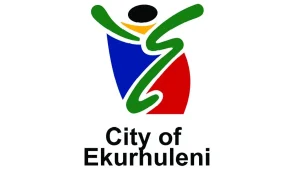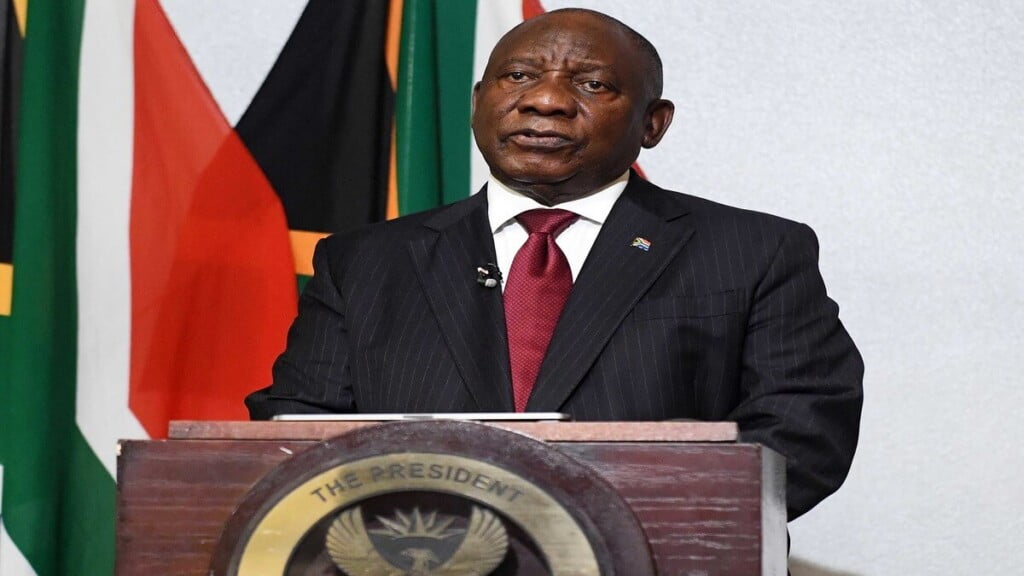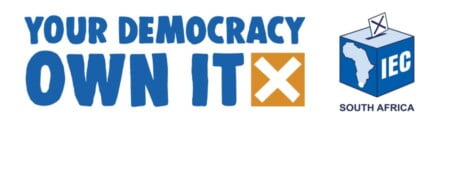In a historic turn of events, Cyril Ramaphosa has been re-elected as the President of South Africa in the 2024 elections. This victory marks a significant moment in the country’s political landscape, promising continuity and stability as the African National Congress (ANC) continues to steer the nation.
The re-election of Cyril Ramaphosa comes amid various challenges and opportunities, reflecting the will of the people for sustained progress and development.
The Road to Re-election
Cyril Ramaphosa’s journey to his second term has been marked by notable achievements and formidable challenges. His administration has focused on economic reform, anti-corruption measures, and social upliftment. However, these efforts were not without hurdles, as the nation grappled with economic downturns, the COVID-19 pandemic aftermath, and internal party conflicts.
Achievements of the First Term
- Economic Reforms: Cyril Ramaphosa’s first term saw significant strides in economic reforms aimed at reviving the struggling economy. Initiatives like the Economic Reconstruction and Recovery Plan (ERRP) were introduced to stimulate growth, create jobs, and attract investment.
- Anti-Corruption Measures: One of the cornerstones of Cyril Ramaphosa’s administration has been the fight against corruption. The establishment of the Special Investigating Unit (SIU) and the strengthening of the National Prosecuting Authority (NPA) were crucial steps in this direction.
- Social Upliftment: Cyril Ramaphosa’s government prioritized social issues, focusing on education, healthcare, and social grants. The expansion of the National Health Insurance (NHI) scheme aimed to make healthcare accessible to all South Africans.
Challenges Faced
Despite these achievements, Cyril Ramaphosa’s administration faced several challenges:
- Economic Struggles: The South African economy has been under significant strain, with high unemployment rates and slow growth. The COVID-19 pandemic exacerbated these issues, leading to widespread financial hardship.
- Party Conflicts: Internal divisions within the ANC posed a threat to Ramaphosa’s leadership. Factionalism and power struggles often overshadowed the party’s ability to govern effectively.
- Public Dissatisfaction: Widespread protests and strikes highlighted public dissatisfaction with issues such as service delivery, corruption, and inequality.
Also Read: What the New Coalition Government Could Mean For SASSA Beneficiaries
The 2024 Election Campaign
The 2024 election campaign was a highly contested and dynamic process. Cyril Ramaphosa’s campaign focused on continuity, stability, and further economic reforms. The ANC’s strategy included:
- Grassroots Mobilization: Engaging with communities directly to understand their needs and garner support.
- Media Campaigns: Utilizing both traditional and digital media to reach a broad audience and communicate the party’s message.
- Policy Promises: Emphasizing continued efforts to tackle corruption, boost the economy, and improve public services.
Key Opponents
The 2024 elections saw fierce competition from several opposition parties:
- Democratic Alliance (DA): The DA focused on governance issues, economic reform, and anti-corruption measures, positioning itself as a viable alternative to the ANC.
- Economic Freedom Fighters (EFF): The EFF’s campaign emphasized radical economic transformation, land reform, and nationalization of key industries.
- ActionSA: Led by Herman Mashaba, ActionSA advocated for clean governance, job creation, and efficient service delivery.
Election Results
The election results reflected the confidence of the South African populace in Cyril Ramaphosa’s leadership. The ANC secured a significant majority, with Cyril Ramaphosa receiving widespread support across various provinces. Key highlights of the results include:
- National Assembly Seats: The ANC maintained its majority in the National Assembly, ensuring a stable government for the next term.
- Provincial Wins: The ANC secured victories in key provinces, reinforcing its political dominance.
- Voter Turnout: The voter turnout was notably high, reflecting a strong engagement from the electorate.
Implications of Cyril Ramaphosa’s Re-election
Cyril Ramaphosa’s re-election carries several implications for South Africa’s future:
Economic Growth
Cyril Ramaphosa’s second term is expected to focus on accelerating economic growth. Key initiatives will include:
- Investment Promotion: Attracting both domestic and foreign investment to stimulate job creation and economic activity.
- Infrastructure Development: Prioritizing infrastructure projects to improve connectivity, support industries, and create jobs.
- Small Business Support: Enhancing support for small and medium-sized enterprises (SMEs) to foster entrepreneurship and innovation.
Anti-Corruption Efforts
The fight against corruption will remain a priority. Measures will include:
- Strengthening Institutions: Further empowering anti-corruption institutions like the SIU and NPA.
- Transparency and Accountability: Promoting transparency in government dealings and ensuring accountability at all levels.
- Public Engagement: Encouraging public participation in the fight against corruption through awareness campaigns and whistleblower protection.
Social Development
Cyril Ramaphosa’s administration will continue to focus on social development, with initiatives such as:
- Education Reform: Improving the quality of education and expanding access to higher education and vocational training.
- Healthcare Improvement: Expanding the NHI scheme and improving healthcare infrastructure.
- Social Grants: Enhancing social grant programs to support vulnerable populations.
Cyril Ramaphosa’s re-election as President of South Africa marks a pivotal moment in the country’s political journey. His leadership promises continuity, stability, and further reforms aimed at addressing the nation’s economic and social challenges.
As South Africa moves forward, the focus will be on realizing the aspirations of its people and building a prosperous, inclusive future.










![[Watch] IEC Election Results Announcement – 2024 National Elections IEC Election Results Announcement](https://statuscheck.co.za/wp-content/uploads/2024/06/Election-Results-2024-2-1-450x253.jpg)